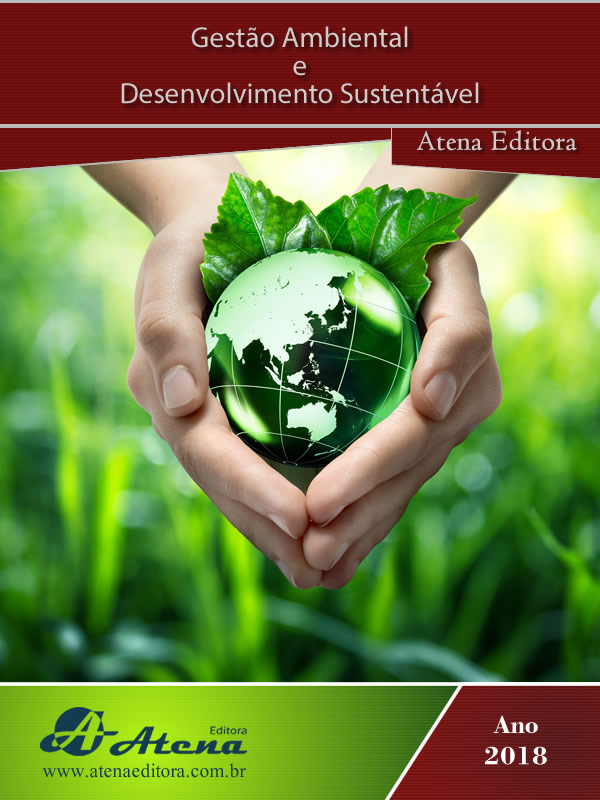
AVALIAÇÃO TÉCNICA E ECONÔMICA DA CO-COMBUSTÃO DE LODO FRIGORÍFICO PRIMÁRIO PARA GERAÇÃO DE VAPOR
A indústria frigorífica produz uma quantidade significativa de resíduos em
seus processos produtivos, dentre estes está o Lodo Frigorífico Primário (LFP),
matéria gerada a partir do tratamento de efluentes líquidos. Este possui um elevado
custo de destinação aos aterros sanitários, tendo potencial energético inutilizado,
gerando subprodutos. A queima do LFP em condições favoráveis contribui na
produção de energia térmica e elétrica. O estudo foi realizado em um frigorífico do
meio oeste catarinense, onde teve como objetivo analisar a viabilidade do potencial
térmico do LFP, através da co-combustão em uma caldeira à lenha, respeitando as
leis ambientais pertinentes. Os resultados obtidos levaram a concluir que
incrementou-se em 4% o rendimento térmico da caldeira e uma redução no consumo
de lenha na caldeira de 17,6%. Determinou-se também que o LFP não deve ser
queimado em percentuais acima de 15% em relação de massa total, sendo essa
relação ideal para queima.
AVALIAÇÃO TÉCNICA E ECONÔMICA DA CO-COMBUSTÃO DE LODO FRIGORÍFICO PRIMÁRIO PARA GERAÇÃO DE VAPOR
-
DOI: ATENA
-
Palavras-chave: Lodo Frigorífico Primário, Caldeira, Rendimento térmico.
-
Keywords: Primary Refrigerator Sludge, Boiler, Thermal Performance
-
Abstract:
The food industry produces a significant amount of waste in its production
processes, among which is the Primary Friar Sludge, an material generated from the
treatment of liquid effluents. This has a high cost of disposal to landfills, having
unused energy potential, generating by-products. The burning of the Primary Friar
Sludge under favorable conditions contributes to the production of thermal and
electric energy. The study was carried out in a refrigerator in the middle of the state
of Santa Catarina, where the objective was to analyze the viability of the thermal
potential of the Primary Friar Sludge, through the co-combustion in a wood-fired
boiler, respecting the pertinent environmental laws. The results obtained led to the
conclusion that the thermal efficiency of the boiler increased by 4% and a reduction
of 17.6% in fuel consumption in the boiler. It was also determined that the Primary
Friar Sludge should not be burned in percentages above 15% in relation of total mass,
being this ideal relation for burning.
-
Número de páginas: 15
- Cristiano Meneghini


